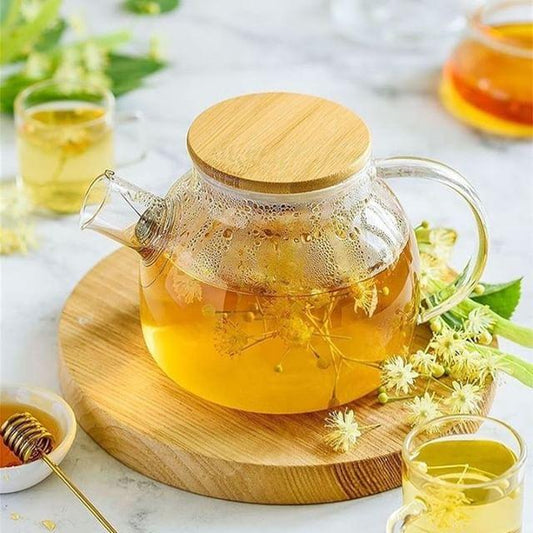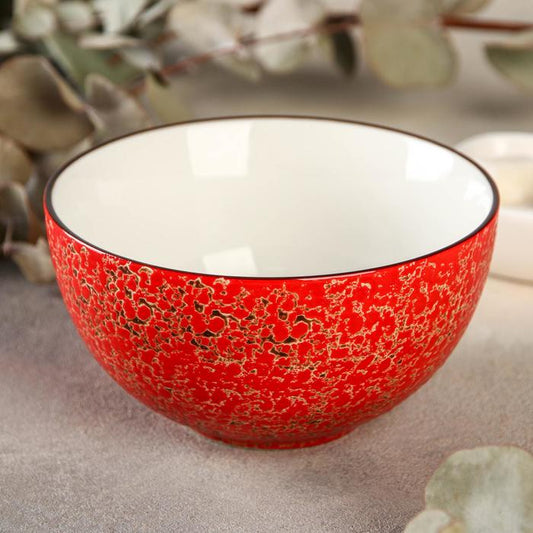Breaking Down Food Myths: What's Actually True About Healthy Eating?

With so much information on healthy eating, it’s easy to fall into the trap of food myths. Some ideas about health and nutrition are simply outdated, while others are misunderstandings that have spread over time. Here’s a look at common food myths and the truth behind them, so you can make better choices for your health.
Myth 1: Carbs Are Bad for You
The Truth: Not all carbs are created equal. Simple carbohydrates like white bread, pasta, and sugary snacks can cause rapid spikes in blood sugar, but complex carbs—found in whole grains, fruits, and vegetables—are an essential part of a healthy diet. These complex carbs provide fiber, vitamins, and minerals that keep energy levels stable and aid digestion.
- Healthy Options: Opt for whole grains like quinoa, oats, and brown rice, which are nutrient-dense and help you feel full longer.
Myth 2: All Fat Is Unhealthy
The Truth: Fats are necessary for absorbing vitamins, supporting brain function, and providing energy. The key is choosing healthy fats over trans fats and too much saturated fat. Healthy fats found in avocados, nuts, seeds, and olive oil can benefit your heart and lower bad cholesterol.
- Healthy Options: Focus on unsaturated fats, like those found in fish, nuts, and olive oil, and limit trans fats, often found in processed snacks and fried foods.
Myth 3: Eating Late at Night Causes Weight Gain
The Truth: Weight gain isn’t about the time you eat but rather your overall calorie intake and expenditure. While eating large, calorie-dense meals late at night can disrupt digestion and sleep, eating a light, balanced snack (like yogurt or fruit) in the evening won’t cause weight gain.
- Healthy Tip: If you’re hungry late at night, opt for something light and nutritious rather than skipping meals earlier in the day, which could lead to overeating later.
Myth 4: Detox Diets and Juices Cleanse the Body
The Truth: Our bodies already have a natural detoxification system—the liver and kidneys. While juices and “detox” products may contain vitamins, they don’t cleanse the body. In fact, detox diets can sometimes be nutritionally inadequate. A healthy, balanced diet with plenty of fiber, water, and antioxidants helps the body naturally detox.
- Healthy Options: Focus on eating whole foods, drinking water, and avoiding excess processed foods rather than relying on quick-fix cleanses.
Myth 5: Eating Small, Frequent Meals Boosts Metabolism
The Truth: While eating frequently can help some people control hunger, it doesn’t necessarily boost metabolism. Your metabolism is more affected by factors like muscle mass, genetics, and physical activity. It’s more important to find an eating pattern that fits your lifestyle and hunger cues, whether that’s three meals or six small ones.
- Healthy Tip: Listen to your body’s natural hunger signals and eat when you’re hungry, regardless of traditional meal timing.
Myth 6: Fresh Produce Is Always Healthier than Frozen
The Truth: Frozen fruits and vegetables are often just as nutritious as fresh, as they’re frozen at peak ripeness, preserving vitamins and minerals. Fresh produce can lose nutrients during transportation and storage. Frozen options are also convenient and often more affordable.
- Healthy Options: Use fresh produce when available, but don’t hesitate to use frozen for convenience and affordability, especially in recipes like smoothies, soups, and stews.
Myth 7: You Should Avoid All Processed Foods
The Truth: Not all processed foods are unhealthy. Some minimally processed foods, like canned beans, frozen vegetables, and whole-grain bread, can be nutritious and convenient. The key is to avoid ultra-processed foods with added sugars, unhealthy fats, and artificial ingredients.
- Healthy Tip: Focus on whole or minimally processed foods like frozen veggies, canned tuna, or pre-cooked grains, which make healthy eating easier and save time.
Myth 8: You Need to Drink Eight Glasses of Water a Day
The Truth: Hydration needs vary based on factors like body size, climate, and physical activity. While eight glasses can be a good guideline, it’s more important to listen to your body’s signals. Many people meet their hydration needs through a combination of water, food, and other beverages.
- Healthy Tip: Drink water regularly throughout the day and pay attention to signs of dehydration, such as thirst, dark urine, or fatigue.
Myth 9: Organic Foods Are Always Healthier
The Truth: While organic foods may reduce exposure to pesticides and are often grown sustainably, they’re not necessarily more nutritious than conventional options. Nutrient content depends more on the type and quality of food rather than whether it’s organic.
- Healthy Tip: If organic options are important to you, focus on produce that tends to have higher pesticide levels, like strawberries and spinach. Otherwise, enjoy a balanced diet with plenty of fruits and vegetables, whether organic or not.
Myth 10: High-Protein Diets Are Best for Weight Loss
The Truth: Protein is an important nutrient that supports muscle repair and keeps you feeling full, but balance is key. A diet with too much protein can lead to an imbalance and deprive you of other essential nutrients, like fiber and carbohydrates. Moderation and a mix of protein sources are important for sustainable weight management.
- Healthy Tip: Incorporate lean protein sources like chicken, beans, lentils, and Greek yogurt, and balance them with whole grains, healthy fats, and fiber-rich veggies.
Final Thoughts
Healthy eating doesn’t need to be complicated or restrictive. By understanding what’s actually true about nutrition, you can make informed choices that benefit your body without falling for myths or quick fixes. Focus on balanced, whole foods, and remember that the best diet is one that works for you and supports a healthy lifestyle in the long run.
Share:





